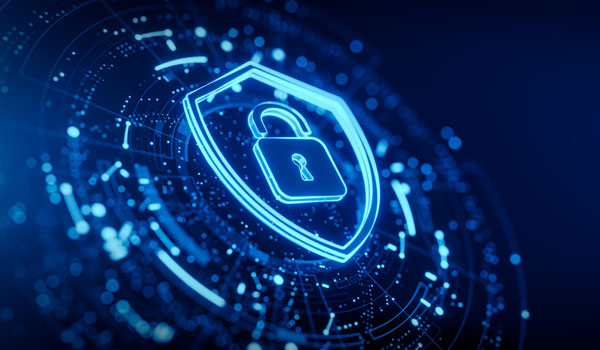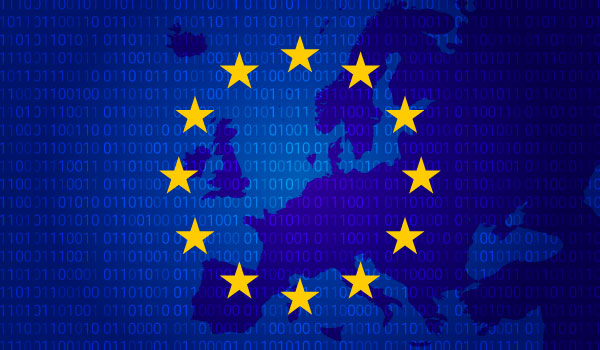Within the complex world of business management, electronic invoicing has become indispensable for optimizing financial processes and complying with tax regulations.
Recently, Royal Decree 1007/2023 set an important milestone by regulating computerized invoicing systems. The objective of this new royal decree is to combat tax fraud and promote transparency in commercial transactions.
VERI*FACTU vs. mandatory electronic invoicing
First of all, it is essential to understand the difference between this regulation and the draft bill on electronic invoicing between companies and professionals. Both regulations respond to different legal mandates and regulate specific situations.
The regulation of computerized invoicing systems is included within the Anti-fraud Act. This mandate establishes the requirements that must be met by computer systems and programs that support the invoicing processes of businesses and professionals. In other words, the requirements that must be met by providers of electronic invoicing, such as Voxel.
This regulation entered into force on 7 December 2023, although the obligation to adapt computer systems won’t begin until 1 July 2025.
On the other hand, the royal decree that regulates the use of mandatory electronic invoicing in Spain is a mandate of the “Crea y Crece” (Create and Grow) Law. This royal decree establishes the rules for regulating the use of the B2B e-invoice, and it creates the Spanish electronic invoicing system.
More about VERI*FACTU
One of the novelties introduced by this regulation is the creation of “VERI*FACTU Systems”. Systems that voluntarily send the information of customer records to the public administration will be recognized as VERI*FACTU.
For issuers and receivers of electronic invoices, this means an additional level of confidence, given that the invoices generated by such systems will be considered “compliant”, meaning that they comply with the established legal requirements.
Moreover, the regulation introduces new requirements for invoices, such as the inclusion of a QR code representing the partial content of an invoice. And they must also include the phrase, “Invoice verifiable at the AEAT website” or “VERI*FACTU”, in those cases in which the computer system sends all invoicing records to the AEAT.
In brief, VERI*FACTU is being adopted as a key tool for simplifying and streamlining the management of electronic invoicing. It also helps companies efficiently and transparently comply with tax regulations. The implementation of these types of technology solutions improves productivity and strengthens confidence in and the security of commercial transactions.
Mandatory electronic invoicing on hold
The royal decree that regulates the use of mandatory electronic invoicing between companies in Spain continues its course, but it is delayed. After publication of the draft royal decree and the subsequent consultation and decision processes, we are waiting for official publication of the law in the Official State Gazette. Once published, large companies will have a period of one year to begin using the mandatory e-invoice, and small companies will have two years.











